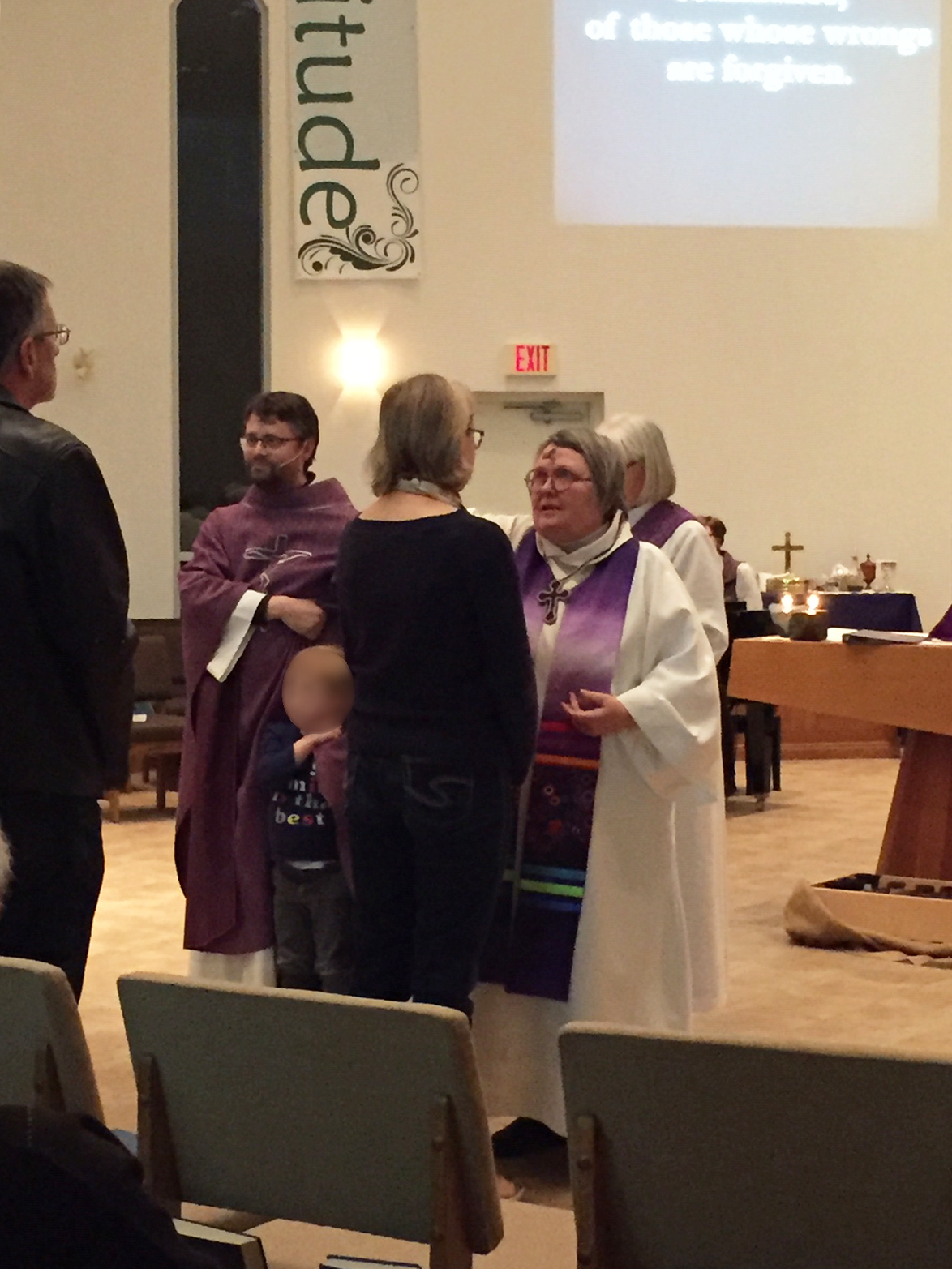February 28th, 2020When to speak, what to say: a Lenten reflection
by Doug Klassen
Executive Minister, Mennonite Church Canada
Last weekend’s news regarding L'Arche founder Jean Vanier’s sexual abuse of at least six women had me feeling deeply grieved and angry. A week later I think I know why. The same feelings of anger and exasperation came over me a few years ago when I learned of a beloved, former spiritual director of mine who was abruptly relieved of his duties as a priest in a Winnipeg parish. He transformed my life in the mid-1990s, but by November of 2017, 28 people (no minors) had come forward to talk with police. I was devastated. He blessed me in so many ways and helped me to feel God’s assurance as I left Winnipeg in 1998. It took me over a decade to find a spiritual director who could connect with me like he did.
When the news about Vanier broke last week I sent an e-mail draft on the following Monday to a trusted leader whom I work with on Mennonite Church Canada’s Joint Council. I asked her what response we should give. I wanted to send out the e-mail broadly, but in particular to women who have entrusted their lives to God and serve in the Mennonite Church. My e-mail shared ideas and plans that Mennonite Church Canada has to continue to work at boundary training, women’s empowerment and generally helping to shift the patriarchal culture that still exists in the Christian church, our denomination included. I wrote this for two reasons. First, I want to see this happen. Second, I feared that a response to these events that didn’t mention plans to help correct or redeem the broken church would be interpreted as insincere. A simple “thoughts and prayers” response, without a commitment to action, seemed lacking, not enough.
My colleague’s response was helpful. She said it was too soon for plans and boundary workshops. We need to grieve for a while before we talk about fixes. I sat with her response and remembered Richard Rohr saying something similar in his book on men’s spirituality: anger is an expression of a deeper grief. Because the act or practice of grieving is perceived as a sign of weakness in western culture, grief is often suppressed and surfaces as anger, lust, compulsion, arrogance, false humility, addiction—anything to find intimate union and ease the pain.
Many leaders in the church carry significant grief. Some of it is over personal circumstances, some is over the people and circumstances that they pastor, and still more is over what has become of the beloved church Jesus entrusted to us. How can we talk about the Good News of Jesus Christ without a look of shame on our faces? How can we call young leaders into the service of the church in midst of scandals, hypocrisy and the possibility that victims still suffer in silence?
I am in British Columbia for meetings this week. On Wednesday evening, along with some friends, I searched for an Ash Wednesday service in the neighbourhood and found one offered at St. Dunstan’s Anglican Church. This was my first time in over 20 years not giving leadership to an Ash Wednesday service. After each reading, before and after the imposition of the ashes and again before and after communion, there were words of confession. At one point I remember thinking we had done enough confession already, we should move on. Then I remembered the words of my colleague. She is right. We need to sit through the ongoing discomfort of grief, confession, sadness, brokenness, more ashes and a tomb before we get to resurrection. The Anglican deacon at St. Dunstan’s, before she imposed ashes on me, was also right: “From dust you were formed, to dust you shall return, repent and believe the Gospel.”
On behalf of Mennonite Church Canada, I’d like to ask our nationwide community of faith to pray for L’Arche communities here at home and across the world who are dealing with this news. May they find strength and support in this time of grief.
